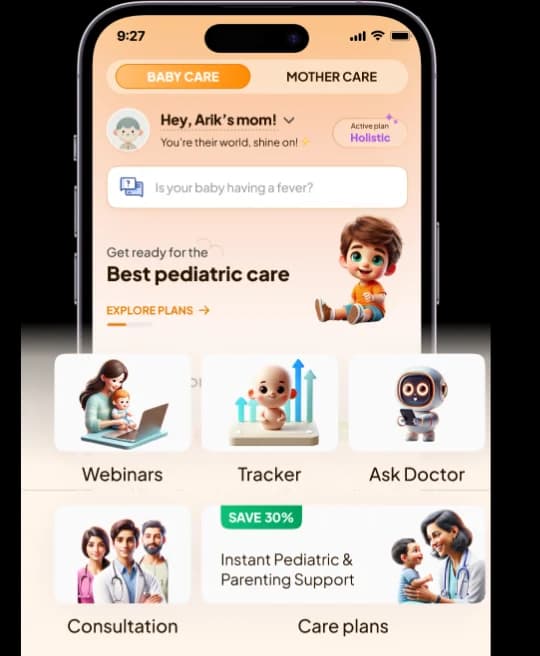
How Do You Know If Your Child Has A Hearing Problem?
Hearing plays a crucial role in the development of a child's language, speech, and communication skills. Hearing loss can significantly impact a child's life, causing delays in their learning and social development. As a parent, it's essential to recognize the signs of hearing problems in your child and seek professional help to address the issue.
Understanding the different types of hearing loss in children:
- Conductive hearing loss occurs when sound is blocked from reaching the inner ear.
- Sensorineural hearing loss is caused by damage to the inner ear or nerve pathways.
- Mixed hearing loss is a combination of conductive and sensorineural hearing loss.
- Knowing the type of hearing loss is crucial in determining the right treatment for your child.
Common signs of hearing problems in children:
There are several signs that your child may have a hearing problem, including:
- Not responding when called
- Frequently asking for repetition
- Speaking louder than usual
- Difficulty following directions
- Struggling in school
- Delayed speech and language development
- Listening to the TV or music at a high volume
- Ear pain or discomfort
Testing for hearing loss in children:
If you suspect that your child has a hearing problem, it's crucial to get a hearing test.
- The audiologist will perform a comprehensive evaluation, including a physical examination, hearing tests, and speech and language assessments.
- Based on the test results, the audiologist will determine the type and degree of hearing loss and recommend the appropriate treatment.
